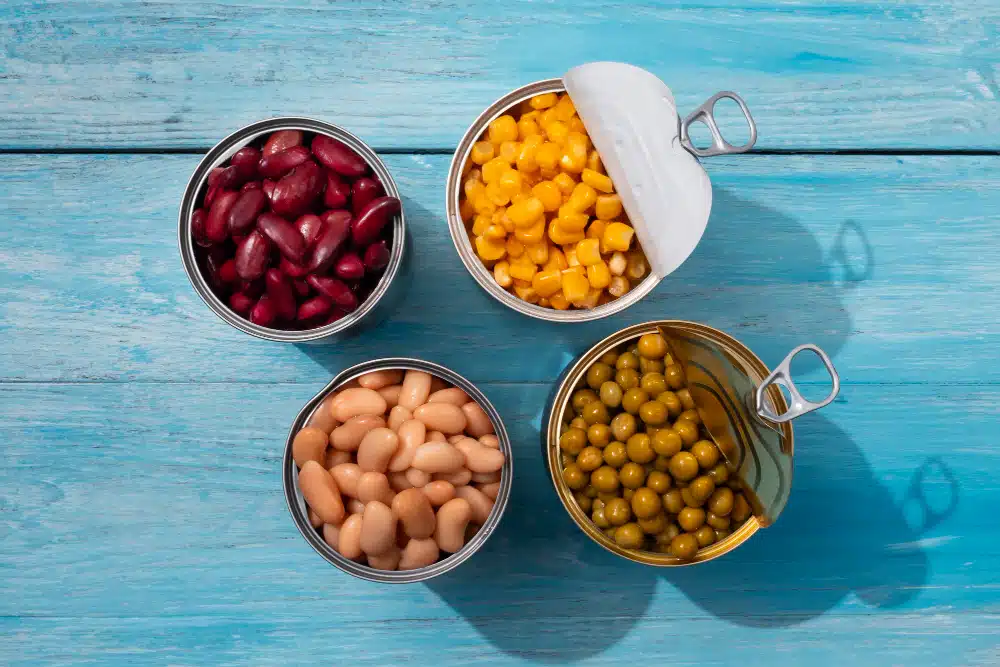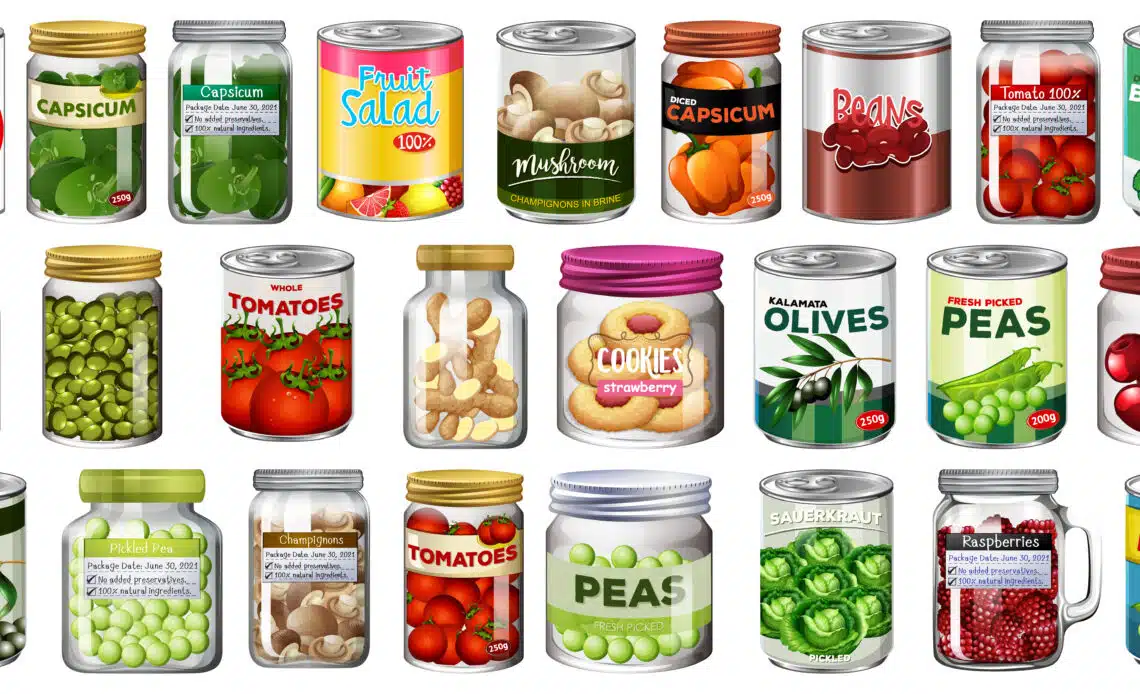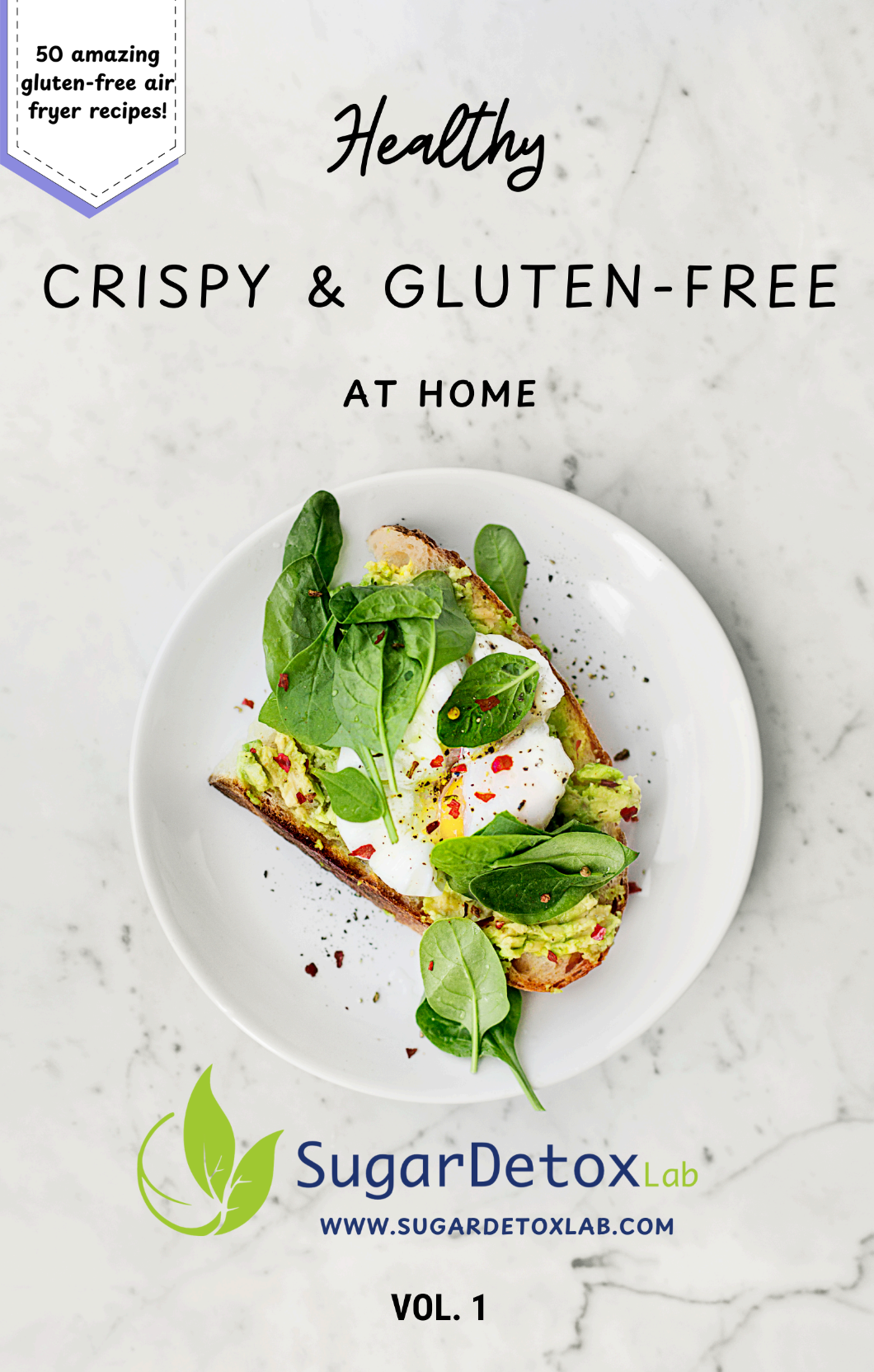Are canned vegetables healthy? This common question comes up as more people search for convenient ways to include produce in their daily meals. They offer the benefits of being shelf-stable, budget-friendly, and simple to prepare. Still, many wonder if they provide the same nutritional value as fresh options—or if added sodium and preservatives take away from their health benefits. In this article, we’ll explore their nutrient profile, compare them with fresh and frozen alternatives, and share practical tips for making them part of a balanced, healthy diet.
What Are Canned Vegetables?
Canned vegetables are vegetables that have been processed and sealed in airtight containers, typically with water, brine, or sauce, and then heated to destroy bacteria. This process extends shelf life and makes them convenient for year-round consumption.
Common Canned Vegetables Include:
- Green beans
- Corn
- Peas
- Carrots
- Spinach
- Tomatoes
Nutritional Value:
Contrary to some misconceptions, canned vegetables retain many of the nutrients found in fresh produce, although there may be some losses:
- Vitamin C: Can decrease during the heating process.
- Fiber: Mostly preserved, supporting digestive health.
- Minerals: Calcium, potassium, and iron remain largely intact.
- Antioxidants: Certain antioxidants, like lycopene in canned tomatoes, can even increase due to the cooking process.
Are Canned Vegetables Healthy? The Pros
- Convenience: Quick to prepare, perfect for busy lifestyles.
- Affordability: Often cheaper than fresh produce, especially out of season.
- Shelf-Stable: Long storage life reduces food waste.
- Nutrient Retention: Fiber, protein, and minerals remain intact.
- Boosts Antioxidants in Some Cases: Canned tomatoes and pumpkin have higher lycopene and beta-carotene levels after cooking.
Potential Concerns:
- Added Sodium: Many canned vegetables are packed in salted water. High sodium intake can affect blood pressure.
- Added Sugar: Rare but present in some canned corn or mixed vegetables.
- BPA Exposure: Some cans use bisphenol A (BPA) in lining, which can leach into food.
- Texture Changes: Some vegetables can be softer or mushy compared to fresh.
How to Choose the Healthiest One:
Follow these tips to maximize nutrition and minimize risks:
- Read the label carefully: Look for “no added salt” or “low sodium.”
- Rinse before use: Draining and rinsing it can reduce sodium by up to 40%.
- Choose BPA-free cans whenever possible.
- Look for vegetables canned in water rather than syrup or sauce.
- Check expiration dates to ensure freshness and quality.

Step-by-Step Guide:
Step 1: Start Small
Add a portion of canned vegetables to soups, stews, or stir-fries.
Step 2: Mix With Fresh or Frozen
Combine canned and fresh vegetables to balance convenience and texture.
Step 3: Rinse When Needed
If sodium is a concern, rinse it under cold water before cooking.
Step 4: Pair With Protein
Add beans, tofu, or lean meats to create balanced meals.
Step 5: Experiment With Seasoning
Use herbs, spices, and healthy oils to enhance flavor without added salt or sugar.
FAQs:
1. Are canned vegetables as nutritious as fresh?
Yes, most canned vegetables retain fiber, minerals, and many vitamins, though some heat-sensitive vitamins like vitamin C may decrease.
2. Is it safe to eat canned vegetables every day?
Yes, if you choose low-sodium or no-salt-added options and rinse them before use.
3. Can canned vegetables help with weight loss?
Absolutely. They are low in calories, high in fiber, and help you feel full, making them great for weight management.
4. How should I store canned vegetables?
Store in a cool, dry place. Once opened, transfer leftovers to a glass or BPA-free container and refrigerate.
5. Are canned vegetables good for heart health?
Yes, especially when low-sodium. The fiber and minerals support cardiovascular health.
6. Can canned vegetables be part of a kid-friendly diet?
Yes! They are convenient, versatile, and easy to include in meals that kids enjoy, like soups, casseroles, or pasta dishes.
Conclusion
So, are canned vegetables healthy? The answer is yes—when chosen wisely. They offer convenience, affordability, and retained nutrients, making them an excellent addition to a balanced diet. By selecting low-sodium or no-salt-added options, rinsing before use, and pairing them with fresh or frozen produce, you can enjoy the benefits without compromising your health.






